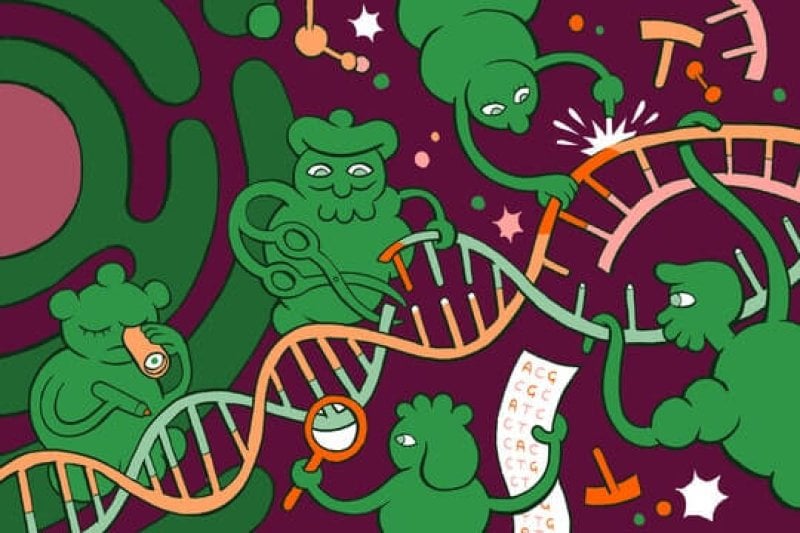Podcast: Play in new window | Download
Subscribe: RSS
Join geneticist Kevin Folta and GLP editor Cameron English on this episode of Science Facts and Fallacies as they break down these latest news stories:
Biotech crops are widely cultivated and consumed in the US, and researchers continue to produce innovative products that benefit farmers and the public, especially with newer tools like CRISPR gene editing. Anti-GMO activists haven’t given up the fight, however. They’ve just exported it to other countries.
In Latin America, for instance, these same biotech skeptics have masterfully infiltrated political and cultural institutions in the region by couching their arguments in local concerns about protecting “food sovereignty” from international corporations. Recognizing the threat this poses to consumers and farmers, scientists are pushing back against this activist campaign by communicating the benefits of genetic engineering directly to the public. The future of biotechnology in Latin America could come down to which side wins this PR war.
GM crops are natural, they can’t change your DNA and biotech companies don’t control the global food supply. Surprised by these claims? That’s because seemingly trustworthy sources have amplified myths about crop biotechnology for many years. But the facts are the facts, and they often don’t support the popular understanding of GM crops, farming and food safety.
Of all the myths about GM crops, perhaps the most persistent is the claim that they don’t increase yields. This again is the likely result of activist groups misleading consumers who have limited knowledge of food production and farming. The confusion typically starts when people overlook a few crucial facts.
Although the first commercialized GM crops weren’t designed to increase yields, there is clear evidence from all over the world that they do. Farmers who grow herbicide-tolerant and insect-resistant crops, for example, produce more because they can better control weeds and other yield-robbing pests.
Subscribe to the Science Facts and Fallacies Podcast on iTunes and Spotify.
Kevin M. Folta is a professor in the Horticultural Sciences Department at the University of Florida. Follow Professor Folta on Twitter @kevinfolta
Cameron J. English is the GLP’s managing editor. BIO. Follow him on Twitter @camjenglish































